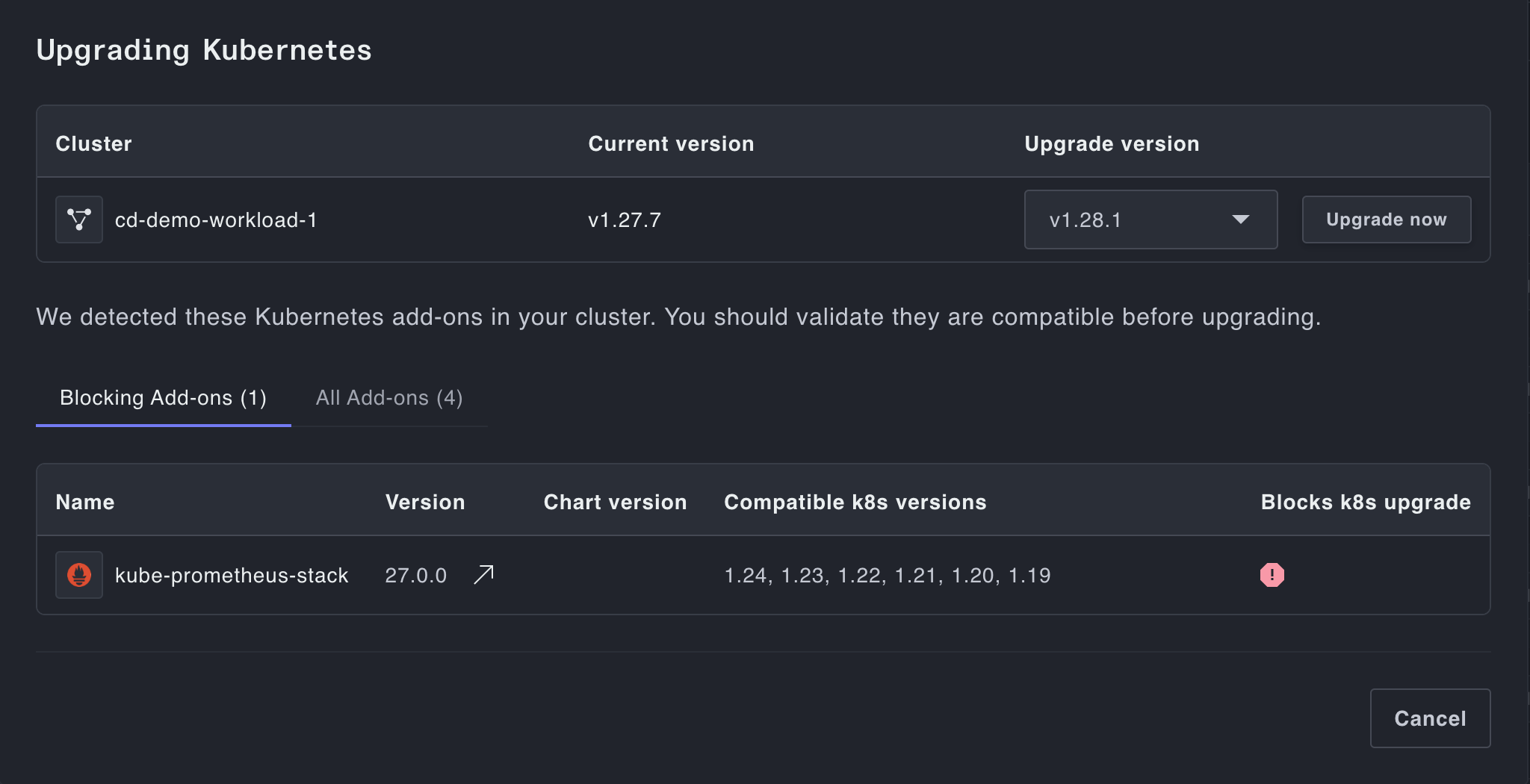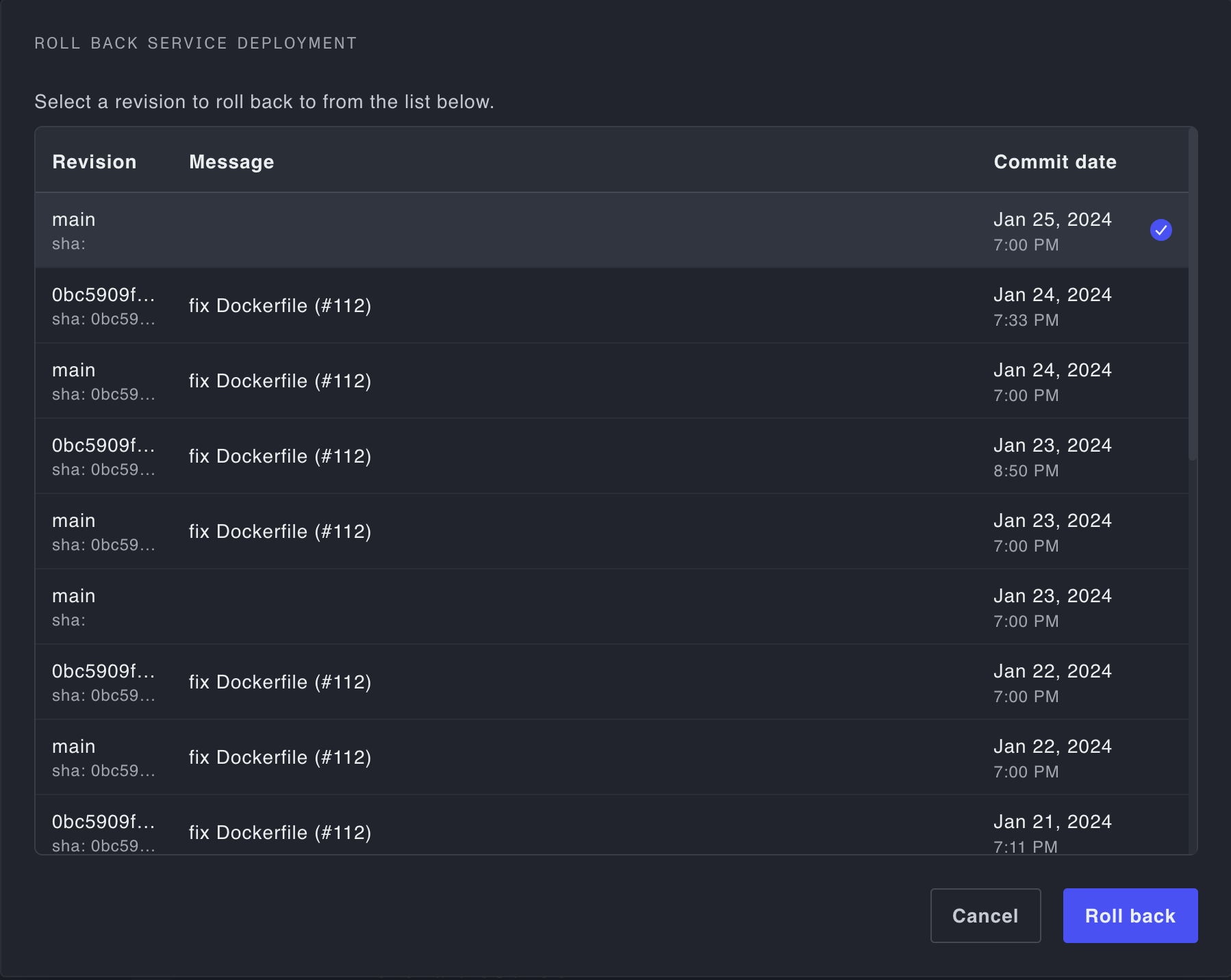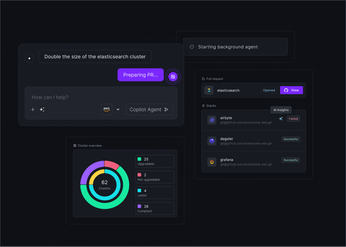
How to manage Kubernetes Add-Ons with Plural
How to manage Kubernetes Add-Ons with Plural
Kubernetes Add-Ons, also known as extensions or plugins, are like the stars that orbit the central planet of your cluster. They include tools and features that extend the functionality and capabilities of Kubernetes, contributing to a smoother operation and improved user experience. Common Add-Ons include networking solutions, monitoring tools, and authentication systems.
In the ever-expanding universe of Kubernetes, managing Add-Ons has become a critical aspect of maintaining a healthy and efficient cluster. These supplementary components enhance the functionality of your Kubernetes environment, but neglecting their proper management can lead to a constellation of issues.
In this article, we'll explore Kubernetes Add-Ons, and the potential consequences of neglect, and delve into best practices for effectively managing Kubernetes Add-Ons with Plural.
A list of Kubernetes Add-Ons
Depending on specific use cases and requirements, different clusters may utilize different combinations of these Add-Ons to enhance their capabilities and meet the needs of the applications running on the cluster. Here are some common Kubernetes AddOns:
- Ingress Controllers:
Purpose: Manages external access to services within a cluster.
Examples: Nginx Ingress Controller, Traefik, HAProxy Ingress.
2. Networking Solutions:
Purpose: Enhances networking capabilities within the cluster.
Examples: Calico, Flannel, Weave.
3. Monitoring and Logging:
Purpose: Collects, aggregates, and visualizes cluster and application metrics.
Examples: Prometheus (for monitoring), Grafana (for visualization), Fluentd, Elasticsearch, and Kibana (ELK stack) for logging.
4. Authentication and Authorization:
Purpose: Manages user authentication and authorization for cluster access.
Examples: Keycloak, Dex, OAuth2 Proxy.
5. Storage Provisioners:
Purpose: Provides persistent storage solutions for applications running in the cluster.
Examples: Rook (for Ceph), OpenEBS, NFS provisioner.
6. Cluster DNS:
Purpose: Enables service discovery within the cluster.
Examples: CoreDNS.
7. Security Policies:
Purpose: Implements security policies and controls.
Examples: PodSecurityPolicy (PSP), OPA Gatekeeper.
8. Load Balancers:
Purpose: Distributes incoming network traffic across multiple nodes in the cluster.
Examples: MetalLB, AWS ELB, GCP Load Balancer.
9. Dashboard:
Purpose: Provides a web-based UI for managing and monitoring the cluster.
Example: Kubernetes Dashboard.
10. Cluster Autoscaler:
Purpose: Automatically adjusts the number of nodes in a cluster based on resource requirements.
Example: Cluster Autoscaler.
11. Helm:
Purpose: Package manager for Kubernetes, simplifying the deployment and management of applications.
Example: Helm.
12. Service Mesh:
Purpose: Manages communication between microservices within the cluster.
13. Continuous Integration/Continuous Deployment (CI/CD) Tools:
Purpose: Automates the building, testing, and deployment of applications.
Examples: Jenkins, GitLab CI, ArgoCD.
Consequences of Neglecting Kubernetes Add-On Management
Handling Kubernetes Add-Ons at scale brings some real challenges into the mix. Imagine dealing with hundreds of clusters. Just handling those clusters alone requires a ton of manual effort just to keep things up and running.
Add to the equation that each of those clusters has anywhere between 10-20 Add-Ons and it’s like opening Pandora’s box of dependencies. Moving from one Kubernetes version to another, like from 1.24 to 1.25, comes with its share of reliability risks. Skipping out on proper management in this scenario can turn your infrastructure into a maze of complexities and added risks. It's like trying to navigate a jungle without a map – things can get pretty wild.
Here are a few common obstacles engineering teams face when neglecting Kubernetes Add-On management.
- Performance Bottlenecks: Unmanaged or outdated Add-Ons can result in performance bottlenecks, hindering the overall efficiency of your Kubernetes cluster.
- Security Vulnerabilities: Outdated Add-Ons may expose your cluster to security vulnerabilities, potentially leading to unauthorized access or data breaches.
- Compatibility Issues: As Kubernetes evolves, Add-Ons must keep pace to ensure compatibility. Neglecting updates may result in compatibility issues between the core Kubernetes system and its extensions.
- Operational Chaos: Poorly managed Add-Ons can lead to operational chaos, making it challenging to troubleshoot issues, monitor resources, and maintain a stable environment.
Managing Kubernetes Add-Ons - Best Practices with Plural
Fortunately, there is a better way forward with Plural. Our platform removes the operational chaos of managing Kubernetes clusters and add-on upgrades in a single, intuitive interface so you can confidently know that upgrading a Kubernetes version won’t break anything downstream.
- Version Compatibility Checks: Usually, you would have to manually track each Add-On to identify outdated versions and see if the new version of the Add-On is compatible with the Kubernetes version in use. This process is extremely manual and ultimately not scalable as your cluster footprint grows. Plural will keep you informed regarding the latest releases and updates for each Kubernetes Add-On and inform you if that Add-On is compatible with the current version of Kubernetes in use.

2. Monitoring and Logging: Normally, tools such as Prometheus and Grafana are deployed to monitor the well-being and efficiency of Kubernetes Add-Ons. Plural offers built-in logs and monitoring capabilities to assess the health and performance of your Kubernetes Add-Ons.

3. Backup and Rollback Procedures: Having a backup procedure and rollback plans to quickly revert to a stable state in case of issues introduced by Add-On updates is necessary to reduce application downtime. Plural offers the capability to roll back a version of an Add-On, ensuring that critical data is not permanently lost.

Plural for Kubernetes fleet management
Plural is a self-hosted Kubernetes fleet management platform that provides a single pane of glass, removing the complexity of managing Kubernetes clusters at scale. With Plural, engineering teams can gain visibility, automation, governance, and security capabilities in an easily adaptable platform to manage the lifecycle of Kubernetes clusters across public clouds such as AWS, Azure, and GCP as well as on-prem and remote/edge locations.
With Plural, engineering teams can do the following:
- Gain multi-cluster visibility into your entire cluster fleet across various environments. With Plural, your engineers get self-service access to Kubernetes clusters and automated cluster lifecycle management using proven templates with guardrails included.
- Manage Kubernetes clusters and add-on upgrades in a single, intuitive interface and confidently know that upgrading a Kubernetes version won’t break anything downstream. Plural will help you with upgrading the control plane, Kubernetes add-ons, and your services. With Plural, you’ll be made aware if you have a compatible version of your add-ons for the version of Kubernetes you are upgrading.
- Share the responsibility of managing Kubernetes tasks with a broader subset of your engineers, including those without prior Kubernetes experience. Top-tier Kubernetes talent is costly and hard to attain. Managing infrastructure shouldn’t be challenging and pricey, and your most skilled engineers should focus on building awesome product features to drive business value. With Plural, your team can create standard workflows to automate time-tedious and challenging tasks of configuring, and provisioning clusters across fleets in one patch rather than following the manual, error-prone process today that makes managing Kubernetes clusters challenging.
To learn more about Plural’s self-hosted Kubernetes fleet management platform, sign up for a custom product demo.
Newsletter
Join the newsletter to receive the latest updates in your inbox.







